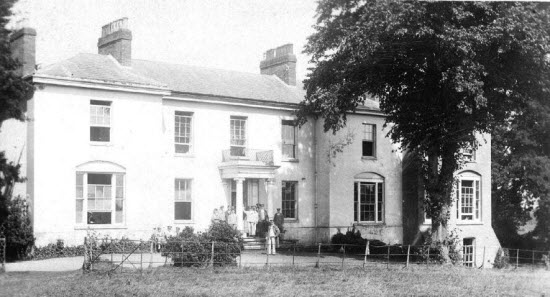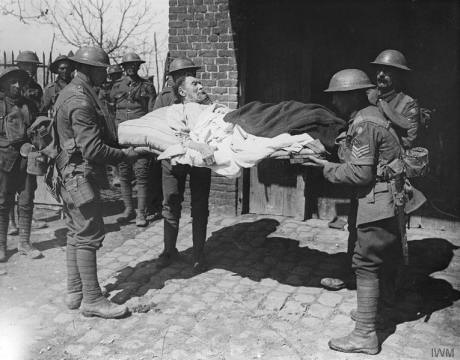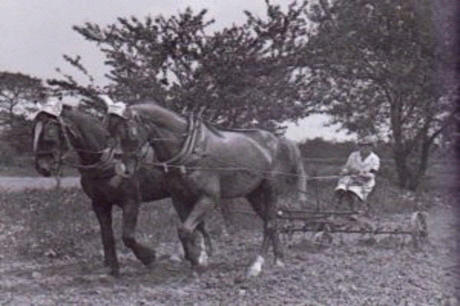THE FIRST World War effort in Warwick saw the community band together to support those going to and coming back from the trenches.
As thousands across the county marked the centenary of the Great War at the weekend, the Observer takes a closer look at some of the contributions made across the town.
As Britain declared war on Germany on August 4, 1914, the Royal Warwickshire Regiment and Warwickshire Yeomanry were immediately called up. They trained and camped on St Mary’s Lands, and in a bid to encourage more soldiers to sign up a band even played.
Many soldiers fighting in the war effort suffered injuries such as missing limbs, blindness and shell shock. They were treated in one of the town’s many Red Cross hospitals including one on Jury Street, at Guy’s Cliffe House and a ‘recovery hospital’ at Budbrooke Barracks.
But the largest hospital in the town and the county was in a house off Birmingham Road, overlooking the racecourse.
Hill House Hospital opened in August 1915 with some 20 beds, but by the time it closed in March 1919 it had 120 beds with 100 staff – many of them local volunteers.
It was completely dependent on the goodwill of townspeople and fund-raising events such as charity auctions and concerts helped raise money to keep it running.
Despite nearly 2,000 soldiers coming though its doors, only one died there.
Warwick also gave aid to soldiers from other countries, welcoming more than 200 refugees from Belgium by the end of 1915.
Food was scarce during the war due to German boats bombing merchant ships, and to help provide for those in the town St Mary’s Lands were used extensively for food production. This included hay for grazing animals, growing cereals and roots, catching rabbits or picking blackberries for jams.
Compulsory rationing was also introduced with items distributed from the food office in Jury Street.
And in a bid to help residents cook low cost meals cooking lessons took place at Westgate School and a ‘National Kitchen’ at St Paul’s old schoolroom in Theatre Street.
When the Armistice was declared and fighting stopped on November 11 1918, celebrations in the town went on long into the night. A straw effigy of Kaiser Wilhelm II was hung from the tram wires in the High Street.
When peace was officially declared in 1919 drunken soldiers dragged a gun which had been captured by the Royal Warwickshire Regiment from its display in the Market Place into the Avon in celebration.
* Information from Warwickshire Yeomanry Museum Trust and author of ‘I think I have done my bit’ Mark C Smith – a book based on poems, pictures and signatures collected by his great aunt and former Hill House nurse Daisy Pratt.
Copies of the book cost £10 and are available from St Mary’s Church.
A poem by Private Owen Smith, Royal Warwickshire Regiment, about Hill House Hospital:
There is a house upon a hill
Where wounded tommys get their fill
And all the nurses doing their best
To give the boys comfort and rest















